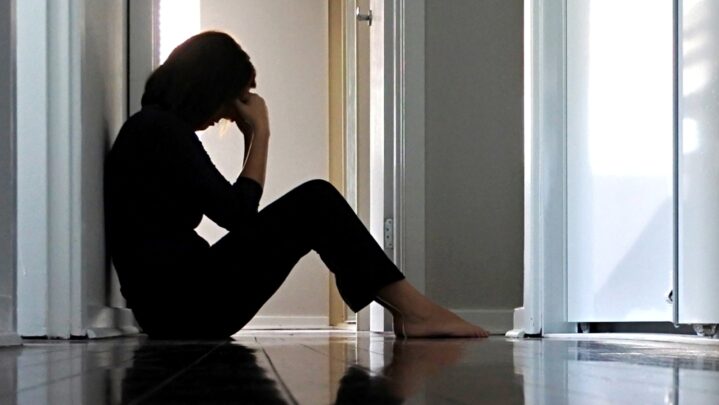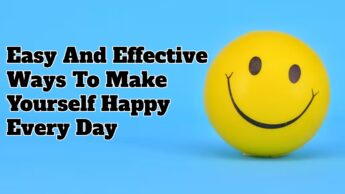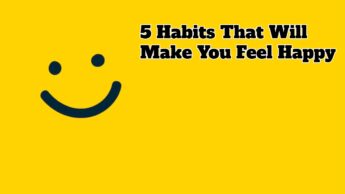Nonverbal cues can reveal what others are thinking, feeling, seeking, intending, or even dreading. They also assist us in being more effective communicators and empathizers.
We occasionally see body language that indicates physical suffering. These are also known as reserved behaviors since they only show when a person is in a state of extreme psychological distress and appears to be in need of consolation.
Psychological distress is a condition in which a person’s emotional pain is linked to demands that are difficult to meet in real life. When you’re overwhelmed, you’ll experience these terrible feelings.
Here are some body languages that are indicative of psychological distress
1. Freeze response
The freeze response is triggered when someone receives distressing news. When faced with specific triggering events, most people tend to freeze. People continue to be frozen in the middle of a scenario that isn’t right or dangerous.
2. Repetitive behavior
Repeated behaviors are relaxing or calming, and they help us cope with stress. From foot-bouncing from finger-strumming to twirling strands of hair, they help us pass the time, enjoy a moment, or deal with temporary stress or worry.
Not only adults, but even youngsters, show evidence of back and forth motion when something dreadful happens or when unpleasant news is conveyed. This highlights the delicate nature of the situation and aids with stress management.
3. The fetal position
A devastating piece of news or a traumatic experience can prompt us to assume the fetal position for a brief period of time, as though to protect our ventral (belly) side.
As a result, even when listening to bad news, our stomachs begin to churn with worry. When people hear bad news, they often feel like they’re in a fetal position, weak and helpless.
4. Interlaced fingers
When a person feels agitated or distressed, some people interlace their tensed fingers subconsciously.
The tensed fingers suggest enhanced tactile stimulation and conscious awareness.
5. Sucked in lips
This is a behavior we have seen a lot of individuals exhibit when they are confronted with some kind of disappointment. It expresses one’s powerlessness and psychological pain to others in a natural way.
Keep reading successyeti.com





